info@vivavel.com
+919818262686
+919818262686
 info@vivavel.com
info@vivavel.com +919818262686
+919818262686Esophageal cancer begins in the esophagus, the tube that transports food from your throat to your stomach. It usually starts in the cells lining the inside of the esophagus. When it develops, it can cause trouble swallowing food. If not detected early, esophageal cancer can spread to nearby organs and lymph nodes, making treatment more difficult.
Common symptoms include persistent heartburn, difficulty swallowing, weight loss, and chest pain. Many people ignore early signs, thinking they are caused by other conditions. However, seeing a doctor early can increase the chances of successful treatment.
Risk factors include smoking, heavy alcohol consumption, and certain dietary habits. Regular checkups and being aware of changes in your body can help identify problems sooner. Eating a balanced diet rich in fruits and vegetables may reduce your risk. If you experience any symptoms, it is important to consult a healthcare professional for proper evaluation. Early detection is crucial for effective management of esophageal cancer.
 Symptoms of esophageal cancer may not appear until the disease has progressed, but some common signs include:
Symptoms of esophageal cancer may not appear until the disease has progressed, but some common signs include:
Difficulty swallowing (dysphagia): A feeling of food getting stuck in the throat.
Unexplained weight loss: Losing weight without trying.
Chest pain or discomfort: Pain or burning sensation behind the breastbone.
Hoarseness or chronic cough: Persistent voice changes or cough.
Heartburn or indigestion: Frequent or severe acid reflux.
Vomiting blood: Occurs in advanced cases, though it is less common.
Note: Symptoms may be mild initially but can worsen as the cancer progresses.

 The exact cause of esophageal cancer is unknown, but it is often linked to damage to the cells of the esophagus. Factors that can contribute to this damage include:
The exact cause of esophageal cancer is unknown, but it is often linked to damage to the cells of the esophagus. Factors that can contribute to this damage include:
Chronic acid reflux (GERD): Stomach acid frequently flows into the esophagus.
Tobacco use: Smoking or chewing tobacco damages esophageal tissue.
Heavy alcohol use: Drinking large amounts of alcohol over time.
Obesity: Being overweight increases the risk of esophageal cancer.
Barrett's esophagus: A condition where the lining of the esophagus is damaged by stomach acid.
 You should seek medical attention if you experience:
You should seek medical attention if you experience:
Persistent difficulty swallowing that worsens over time.
Unexplained weight loss.
Severe or frequent heartburn that doesn't improve with treatment.
Chest pain or discomfort when eating or drinking.
Vomiting blood or passing black, tarry stools (a sign of internal bleeding).
 If esophageal cancer is suspected, doctors may use several tests to diagnose it:
If esophageal cancer is suspected, doctors may use several tests to diagnose it:
Endoscopy: A thin, flexible tube with a camera is inserted through the mouth to examine the esophagus.
Biopsy: During an endoscopy, a small tissue sample may be taken for testing to check for cancer cells.
Barium swallow test: A liquid containing barium is swallowed, and X-rays are taken to see the esophagus.
CT scan: Detailed body images to see if cancer has spread.
PET scan: A scan to determine whether cancer has spread to other body parts.
 Do's:
Do's:
Quit smoking: This reduces your risk of esophageal cancer significantly.
Limit alcohol consumption: Drink in moderation or abstain altogether.
Maintain a healthy weight: Regular exercise and a balanced diet can help prevent GERD and lower your risk of cancer.
Eat a balanced diet: Include plenty of fruits, vegetables, and whole grains.
Manage GERD: Take medications and adopt lifestyle changes to control acid reflux.
Attend regular checkups: Follow your doctor's advice if you have Barrett's esophagus or chronic GERD.
 Don'ts:
Don'ts:
Avoid spicy, acidic, or fatty foods: These can aggravate heartburn or GERD.
Don't ignore persistent symptoms: Difficulty swallowing or chest pain should be evaluated by a doctor.
Avoid excessive processed and red meat: Studies link these to an increased cancer risk.
Don't rely solely on home remedies: While lifestyle changes can be helpful, professional medical treatment is often necessary.
Disclaimer:
Our medical content authors have diligently gathered and synthesized information on this topic to offer valuable insights to our readers. Drawing from a range of reputable medical journals and health resources, this content aims to enhance understanding of the subject. It's essential to remember that while this information is informative, it should not replace personalized consultation or treatment from a qualified healthcare professional. For further details, please refer to our Editorial Policy.
For this topic, our authors used some of the following resources:
Mayoclinic | Esophageal cancer





![]() Pusa Road, Radha Soami Satsang, Rajendra Place New Delhi, 110005 India
Pusa Road, Radha Soami Satsang, Rajendra Place New Delhi, 110005 India
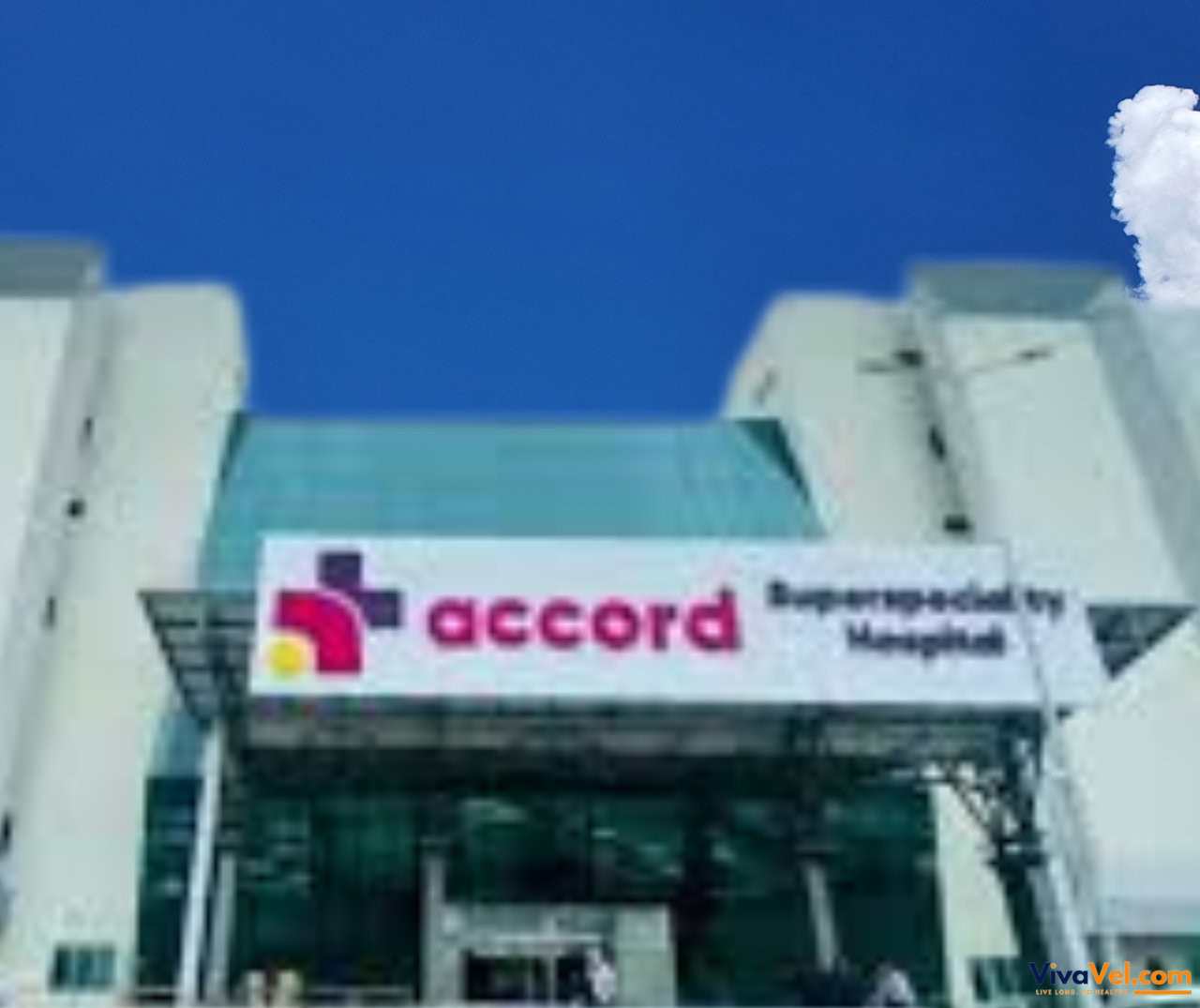


![]() Budena Village, Sector 86, Faridabad, Haryana 121002, India
Budena Village, Sector 86, Faridabad, Haryana 121002, India
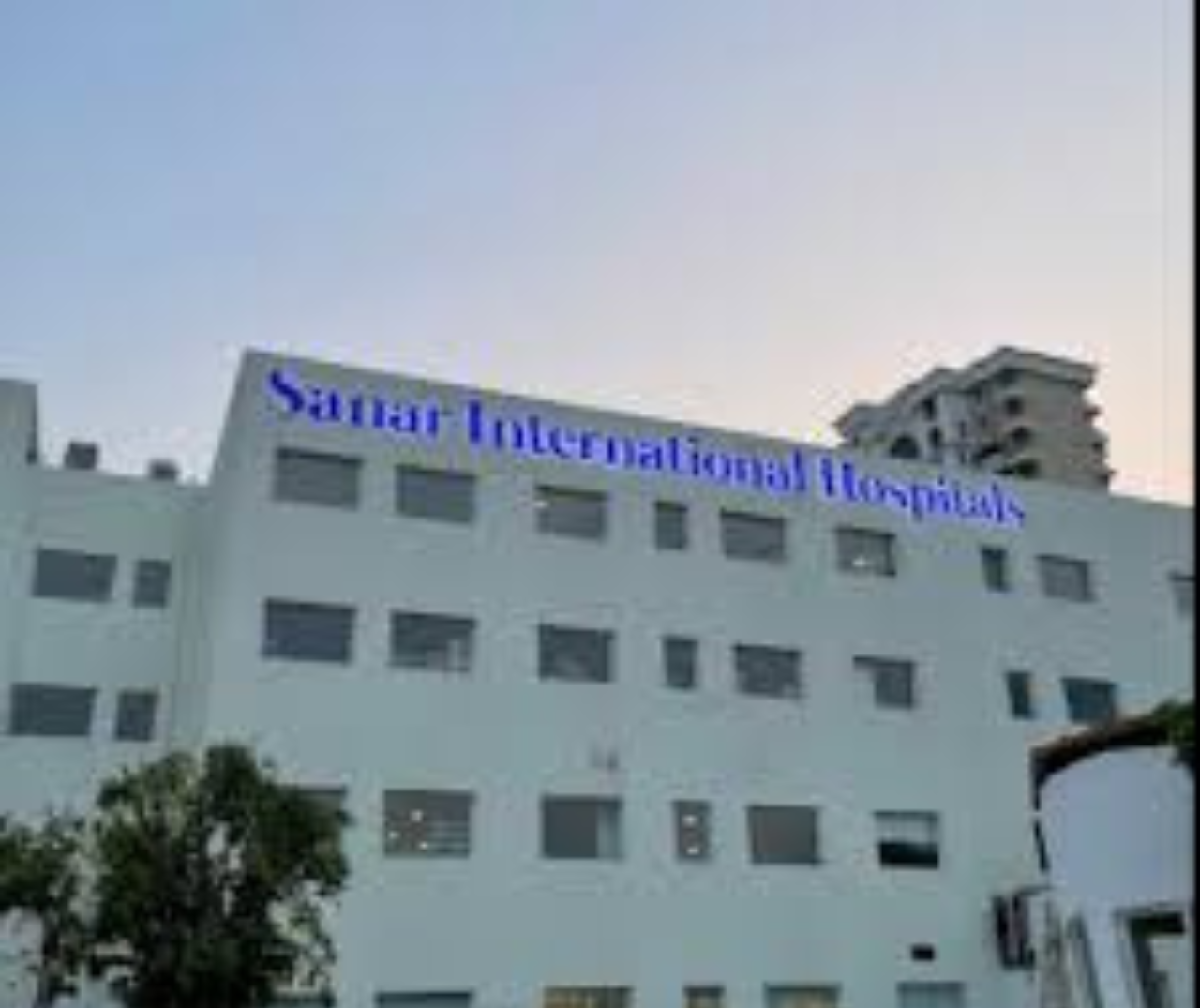


![]() Golf Course Rd, Parsvnath Exotica, DLF Phase 5, Sector 53, Gurugram, Haryana Gurgaon, 122022 India
Golf Course Rd, Parsvnath Exotica, DLF Phase 5, Sector 53, Gurugram, Haryana Gurgaon, 122022 India
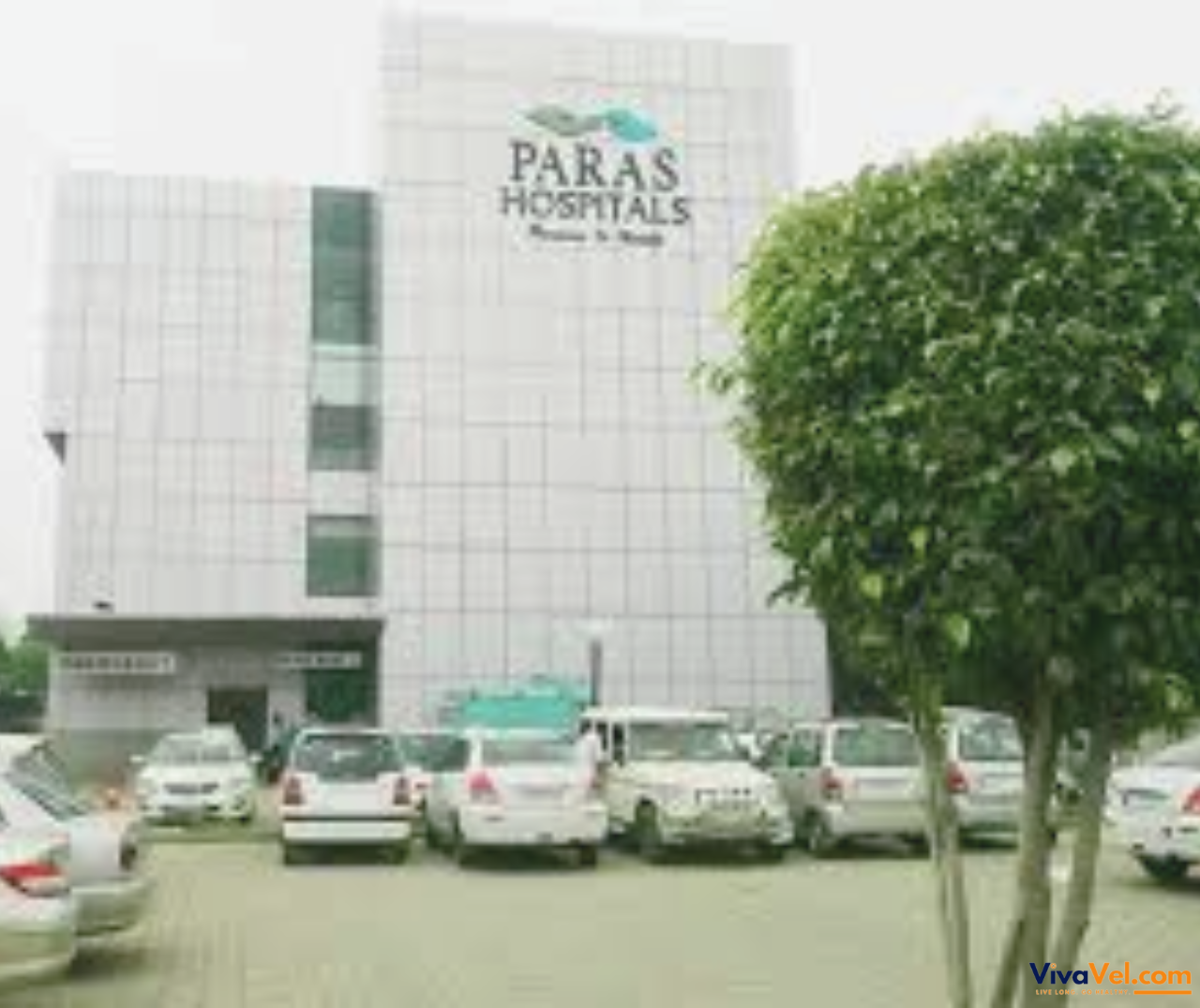


![]() C-1, Sushant Lok- 1, Sector-43, Phase- I, Gurugram, Haryana, 122002
C-1, Sushant Lok- 1, Sector-43, Phase- I, Gurugram, Haryana, 122002

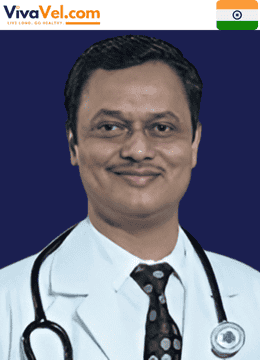
Dr. Ram Chandra Soni is one of the leading Gastroenterologists in Faridabad, India. He has vast experience in Advanced Interventional Endoscopy and Gastroenterology. ...
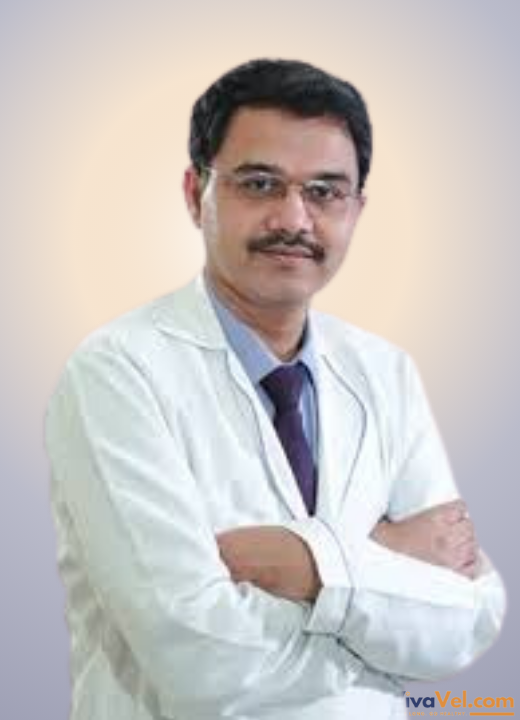
Dr. Pradeepta Kumar Sethy is a highly experienced gastroenterologist with over 23 years in the field, currently serving as the Director of the Gastroenterology Department at ...

Dr. Nidhi Rawal is a highly regarded Pediatric Gastroenterologist and Hepatologist based in New Delhi. She has 11 years of experience in her field. She specia...
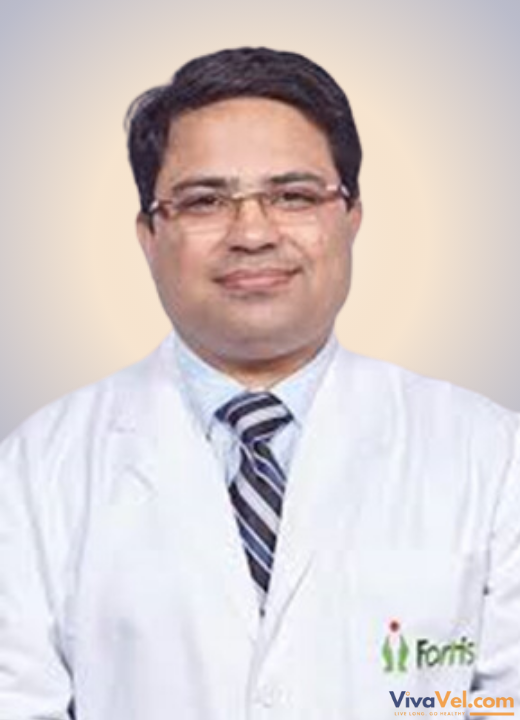
Dr. Vivek Vij is an accomplished liver transplant surgeon credited with developing living donor surgery and implementing safety protocols to achieve a 100% donor safety profi...

Dr. Subrat Kumar Acharya is the Executive Director of Gastroenterology & Hepatobiliary Sciences at Fortis Escorts, Okhla Road, New Delhi. He is a renowned Gastroe...
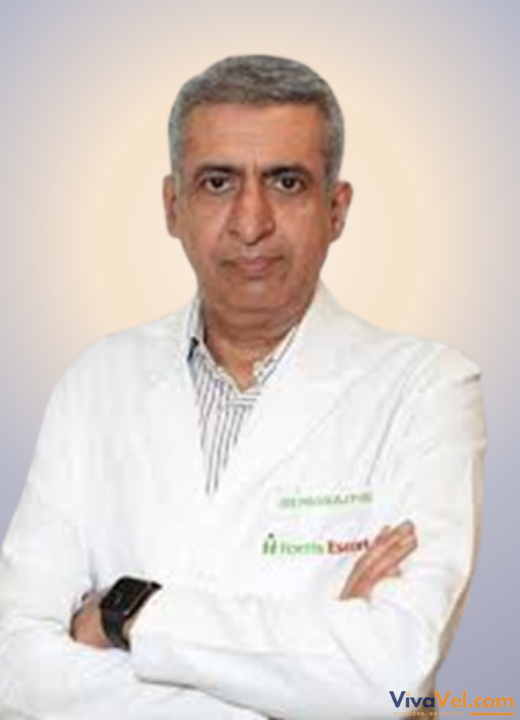
Dr (Brig) Pankaj Puri is the Director of Gastroenterology and Hepatology at the Fortis Escorts Liver and Digestive Diseases Institute, Okhla, New Delhi. He completed ...
Treatment Plan & Cost within 2 days
